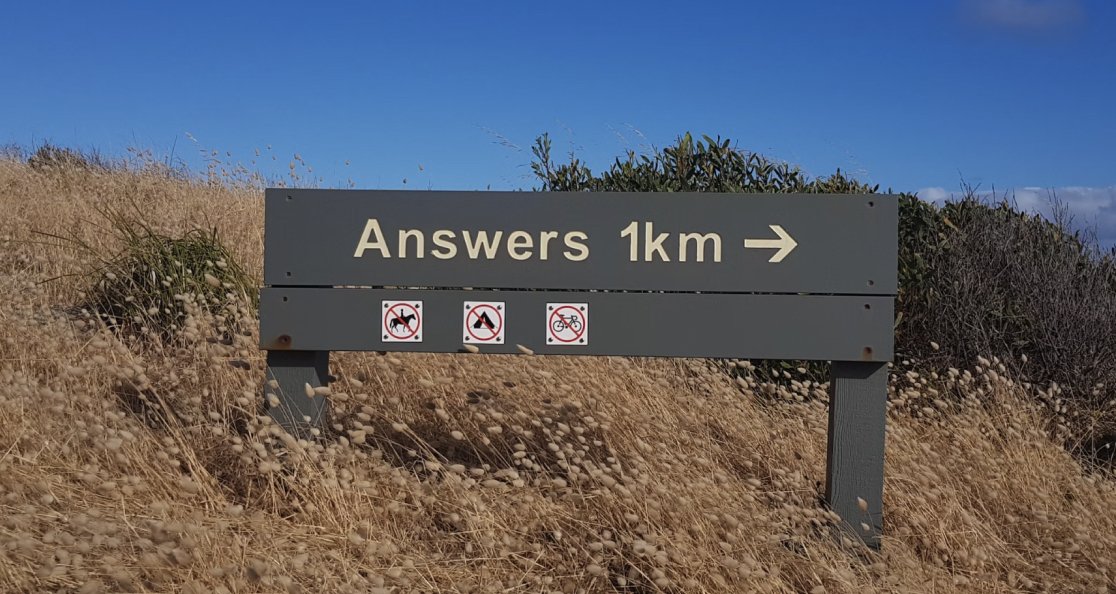In today’s digital world, a website isn’t just a "nice to have" for schools in Oklahoma—it’s a legal necessity. Public K-12 districts, charter schools, and even private schools that receive certain types of funding are expected to maintain a web presence that meets basic accessibility, transparency, and communication standards.
While the specific legal obligations can vary depending on the type of school and its funding sources, here’s a general overview of what schools need to keep in mind.
Schools Must Have an Official Website
In Oklahoma, public school districts are required to have an official website. This is not just for convenience—it's part of their obligation to maintain transparency with students, parents, and the community. State guidelines and the Oklahoma State Department of Education (OSDE) expect districts to share important information online, including board meeting agendas, school report cards, and financial transparency data.
Charter schools and private schools, while sometimes operating with slightly different expectations, are also increasingly expected to maintain professional websites, especially if they participate in state programs or receive public funds.
Basic Legal Needs for School Websites
Even at a high level, Oklahoma schools should ensure their websites address these general requirements:
- Accessibility Compliance (ADA, Section 504): Websites must be usable by individuals with disabilities, meeting federal accessibility standards (WCAG 2.1 AA guidelines).
- Non-Discrimination Statements: Schools must post clear non-discrimination and Title IX statements, along with the contact information for their compliance coordinators.
- FERPA and Privacy Considerations: Student data must be protected, and websites must avoid posting personally identifiable information without proper consent.
- Board Transparency: Public school districts must post agendas and meeting minutes in a timely manner, as well as budgets, audits, and accreditation status where required.
- Contact Information: Schools must provide clear, easy-to-find contact details for key offices and personnel.
- Program and Policy Disclosures: Information about enrollment, academic programs, and any federally funded initiatives often must be publicly available.
Why It Matters
A compliant website is critical not just for legal reasons—it’s essential for building trust with families, staying transparent with your community, and avoiding civil rights complaints or loss of funding. As digital communication becomes the norm, schools that don’t maintain an updated, accessible, and compliant website are at risk of falling behind.
Need Help Getting Your School Website on Track?
Rudder Digital specializes in helping Oklahoma schools create websites that are clear, compliant, accessible, and easy to maintain. Whether you need a full website redesign, an accessibility audit, or just help understanding your obligations, we can support your district’s goals.
Ready to make sure your school's website meets the legal standards? Contact us for a consultation tailored to Oklahoma’s education environment.


